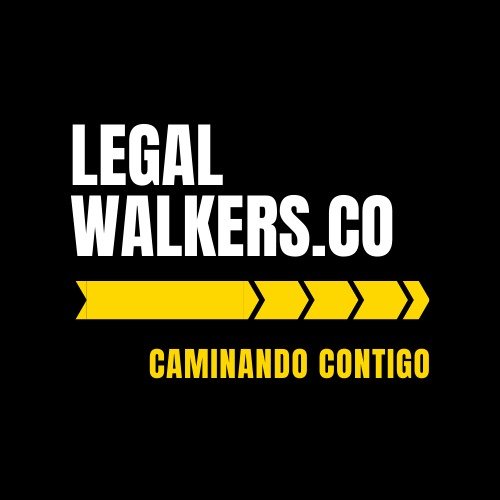
Best Information Technology Lawyers in Bogotá
Share your needs with us, get contacted by law firms.
Free. Takes 2 min.
List of the best lawyers in Bogotá, Colombia

About Information Technology Law in Bogotá, Colombia
The field of Information Technology (IT) law in Bogotá, Colombia, is an evolving area of law that ensures regulation for digital and online activities. This encompasses matters concerning digital privacy, data protection, cybersecurity, e-commerce, software and hardware licensing, intellectual property rights related to technology assets, and even telecommunication regulations.
Why You May Need a Lawyer
As the digital landscape continually grows and transforms, conflicts and challenges within the IT field are becoming more common. You might require a lawyer if you are dealing with situations such as data breaches, online fraud, software copyright infringements, disputes over e-commerce transactions, digital privacy concerns or drafting and negotiating contracts related to IT. Also, businesses may need legal assistance to ensure they are adhering to local IT laws and regulations.
Local Laws Overview
Key areas of local IT law are guided primarily by the Constitution of Colombia that holds respect for privacy and the protection of personal data. Some notable laws include Law 1581/2012 known as the General Data Protection Law, Decree 1523/2015 that seeks to secure private information, and Law 1273/2009 that recognizes cybercrime offenses. There are also regulations surrounding e-commerce under Decree 587/2016. Intellectual Property protection laws are also relevant, especially for matters related to software and hardware.
Frequently Asked Questions
1. What does IT law in Bogotá cover?
IT law covers a wide range of areas, including digital privacy, data protection, e-commerce, software and hardware licensing, intellectual property and cybersecurity.
2. How does data protection work?
Colombian data protection laws aim to protect the fundamental right to privacy. It controls the collection, storage, processing, and sharing of personal data by companies.
3. What kinds of offenses does cybercrime law cover?
Cybercrime law covers a variety of offenses, including unauthorized access to a protected computer system, theft of personal data, and fraudulent use of software.
4. Are electronic signatures valid in Bogotá?
Yes, electronic signatures are legally valid and recognized in Bogotá, Colombia as long as they meet specific requirements stated by the law.
5. What rights do consumers have regarding e-commerce?
Consumers have the right to receive accurate information about products and services, a secure transaction, refund policy, and privacy protection regarding their personal data.
Additional Resources
The Ministry of Information and Communications Technology provides broader guidance for IT related matters. Moreover, the Superintendency of Industry and Commerce (SIC) and National Directorate of Copyright are other government bodies that regulate intellectual property and e-commerce related issues. Organizations like the Colombian Chamber of Electronic Commerce can also offer guidance and resources.
Next Steps
If you need legal assistance, it’s crucial to reach out to a law firm specializing in IT law. Always ensure you have clarity on the scope of their services, associated fees and specifics about how they will handle your case. Always remember to protect your privacy rights by signing a confidentiality agreement with your lawyer before sharing sensitive information.
The information provided on this page is intended for informational purposes only and should not be construed as legal advice. While we strive to present accurate and up-to-date information, we cannot guarantee the accuracy, completeness, or currentness of the content. Laws and regulations can change frequently, and interpretations of the law can vary. Therefore, you should consult with qualified legal professionals for specific advice tailored to your situation. We disclaim all liability for actions you take or fail to take based on any content on this page. If you find any information to be incorrect or outdated, please contact us, and we will make efforts to rectify it.


